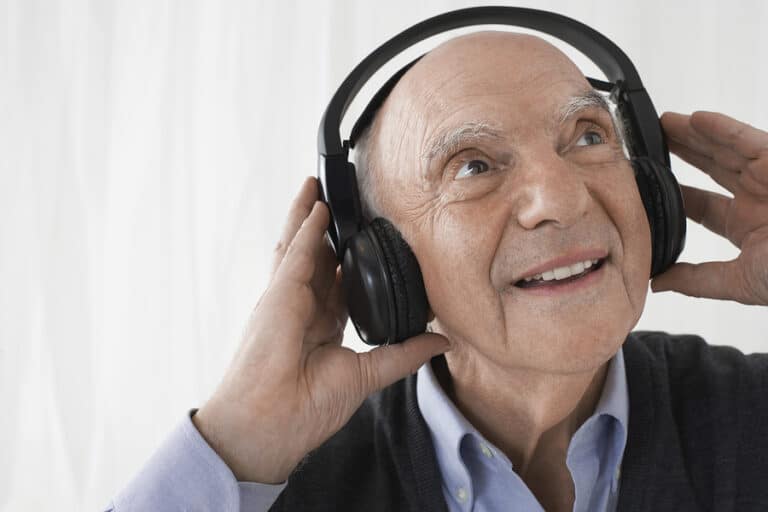Music has the power to evoke powerful emotions and memories in people of all ages. For people with memory problems or cognitive illnesses, such as those with Alzheimer’s disease or other forms of dementia, music therapy can be an effective tool for improving mood, reducing agitation, and enhancing cognitive function. Participating in music therapy sessions in an adult day center offers a variety of benefits for aging adults and the people who love them, even for seniors who have advanced cognitive illnesses.
Reducing Agitation
Agitation is a common symptom among people with memory problems and brain illnesses, and it can be challenging to manage. However, music therapy has been shown to be effective in reducing agitation among people with memory problems. Studies have found that playing calming music, such as classical or instrumental music, can help reduce anxiety and agitation in people with dementia. Additionally, music therapy can provide a distraction from the daily stressors of memory care, allowing the person to relax and focus on the music.
Improving Mood
Music has the power to uplift spirits and improve mood for people of all ages and abilities, and this is especially true for people with memory problems and cognitive illnesses. Music therapy has been shown to be highly effective in improving mood among people with dementia. By playing familiar music or music that is associated with positive memories, music therapy can help elicit positive emotions and inspire better overall moods. Additionally, music therapy can help reduce feelings of isolation and loneliness, which are common among people with memory problems.
Enhancing Cognitive Function
Music has also been shown to enhance cognitive function among people with memory problems. Research has found that listening to and even playing music can stimulate the brain and improve cognitive function, including memory and attention. Additionally, music therapy can help improve communication skills and socialization among people with memory problems. By singing or playing instruments together, people with dementia can engage in meaningful social interactions and experience improved cognitive abilities.
Integrating Music Therapy into Memory Care
Music therapy can be easily integrated into memory care. Many facilities that assist with memory care offer music therapy programs, where residents can participate in group singing or instrumental activities. This adds socialization to music therapy, which is also helpful for seniors with memory issues. Family caregivers can also use music as a tool for managing symptoms of memory problems, such as playing calming music to reduce agitation or playing familiar music to improve mood.
Music therapy has the potential to provide a range of therapeutic benefits for people with memory problems, especially when aging adults have a chance to experience the benefits consistently at an adult day center. By incorporating music into memory care with the help of adult day centers, aging adults with memory issues can experience a safe and supportive environment that promotes well-being and quality of life. Family caregivers can start to see the results solidify when they care for the people they love at home, too.
Oxnard Family Circle: Safe, Reliable, Social and Fun!
If you need respite and/or help with caring for your loved one in any corner of Ventura County, CA (Oxnard, Port Hueneme, Ventura, Camarillo, etc.), talk to the caring staff at Oxnard Family Circle ADHC. today. 1-805-385-4180
- Talking About Senior Care Services with Aging Adults - May 27, 2025
- How Can Seniors with Parkinson’s Disease Get Daily Support? - May 9, 2025
- What Can Physical Therapy Do for Seniors with Arthritis? - April 25, 2025



